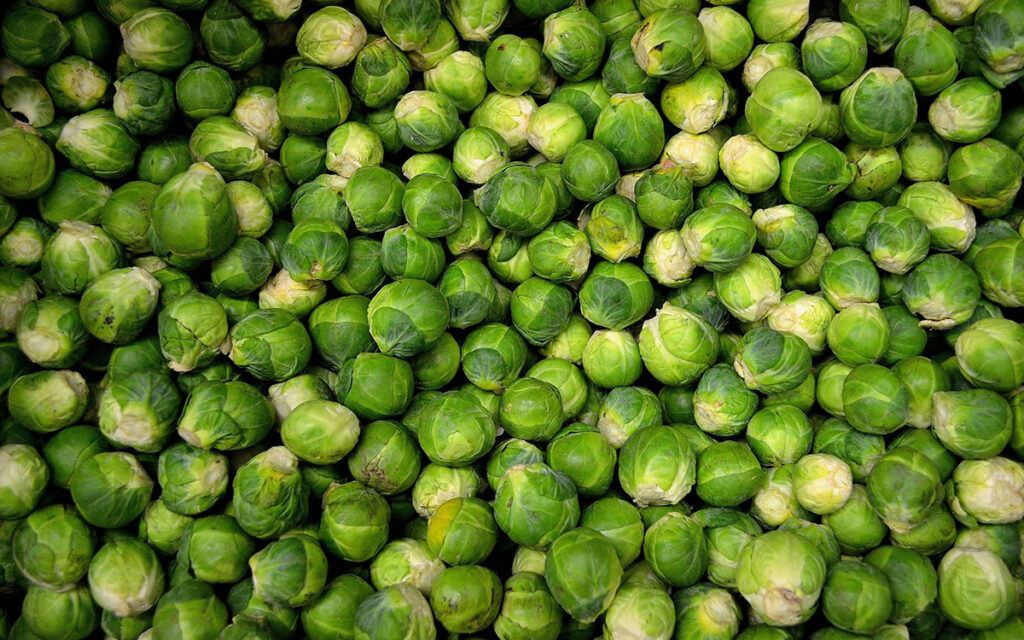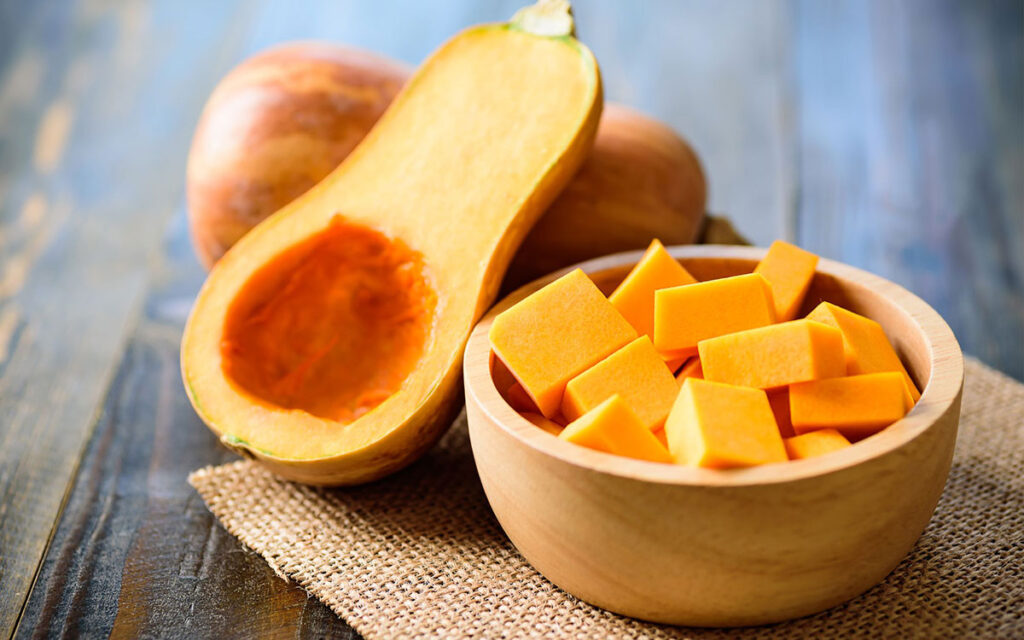The month of February is not only reserved for the beloved Valentine Day celebrations, it’s also the month dedicated to American Heart Month where organizations like the American Heart Association shine the spotlight on heart disease. It was declared so by President Lyndon Johnson in 1964. During National Heart Month, everyone is encouraged to wear red and show their support with the common goal of preventing heart disease and stroke by raising awareness.
Cardiovascular disease (CVD) accounts for nearly one third of all deaths in Southeast Asia, killing 4 million people every year. In addition to high blood pressure and unhealthy diets, air pollution is one of the key risk factors for CVD in the region, responsible for nearly 17% of all deaths and 28% of CVD-related deaths. In the U.S., almost half of all Americans have at least one of the top risk factors.
A healthy eating plan calls for the avoidance of foods that are high in saturated fat, trans fat and sodium. Instead, eat plenty of fruits, vegetables, fiber, grains, fatty fish, nuts and seeds. Getting active or moving for at least 150 minutes per week will get your heart pumping. And while you’re at it, quit smoking to maintain a healthy lifestyle.
That said, February’s seasonal foods are perfect for those who want to start off the year with heart healthy goals and make the most out of seasonal produce.
Check out our top 5 produce and how best to enjoy eating them!
- Carrots: Did you know that this root vegetable is often referred to as the perfect health food? Eating carrots is associated with a reduced risk of cancer and heart disease, as well as improved eye health. Half a cup of carrots can give you up to 73% of your vitamin A daily requirement. This versatile vegetable is also a successful weight loss option. So go ahead and grate some fresh carrots, add a drizzle of olive oil, lemon juice and a pinch of salt for a refreshing salad.

Carrots are associated with reduced risk of cancer and heart disease, as well as improved eye health.
- Brussels sprouts: Brussels sprouts have an adorable, little cabbage-like appearance and taste fantastic when roasted with seasoning. They are low in calories, high in vitamin C and are especially rich in vitamin K, which is important for blood clotting and bone health – preventing osteoporosis. Due to its high fiber content, brussels sprouts supports digestion, lowers the risk of heart disease, and helps control blood sugar levels. Simply toss the sprouts with a bit of olive oil, salt, and pepper, and then roast them on a baking sheet until they’re crispy.

Brussels sprouts are low in calories, high in vitamin C and rich in vitamin K.
- Lettuce: As a robust salad green, lettuce is frequently utilized because it is hardy, crisp, and nutrient-dense. The health advantages of lettuce and its tasty but subtle flavor are well-known. Despite having a low fiber content, it contains minerals like calcium, phosphorus, magnesium, and potassium. This green is also a good source of beta carotene, vitamin C, vitamin K, folate, and vitamin A, which makes them good for heart health. A bowl of Chicken Caesar Salad will provide you with loads of energy for the day!

As a good source of beta carotene, vitamin C, vitamin K, folate, and vitamin A, lettuce is good for heart health.
- Butternut squash: Yellow and orange vegetables and fruit like butternut squash, have been shown to be effective in preventing heart disease. The antioxidants found in these brightly colored vegetables have a significant impact on heart health. In fact, one cup of cooked squash has as much as 450% of the recommended daily intake of vitamin A, which is essential for maintaining immune system function, eye health, bone health, and cell growth. It is also a good source of vitamin C, which is helpful for collagen synthesis, wound healing, and tissue repair in our bodies. For a hearty and comforting treat, turn your favorite squash into a lasagne and you won’t want to go back to tomato or pasta sauce again.

Antioxidants found in butternut squash have significant impact on heart health.
- Bananas: These contain many nutrients that are beneficial for heart health, and aid weight loss and digestion. Many athletes depend on bananas for a strong energy boost before a workout, and they are also a fantastic source of potassium which can help lower blood pressure. If you’re looking for a healthier substitute to ice cream, wrap a fresh banana in cling wrap and simply freeze it. It’s simply delicious!

The potassium found in bananas can help to lower blood pressure.
Don’t just wait for National Heart Month to take care of your heart.
Celebrate your heart all year round!








